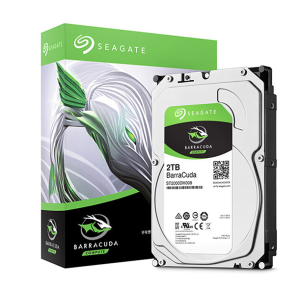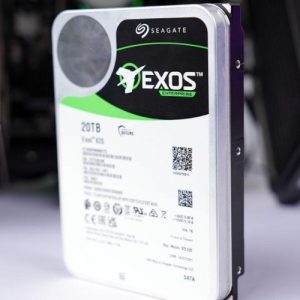In the ever-evolving world of data storage, choosing the right type of drive for Network-Attached Storage (NAS) can be a challenging decision. This guide delves into the specifics of whether SSD or HDD is the better choice for NAS, providing insights into performance, reliability, and cost-effectiveness based on the latest market trends.
1. Understanding the Basics: SSD vs HDD for NAS
When it comes to NAS, understanding the fundamental differences between SSDs and HDDs is crucial. SSDs (Solid State Drives) offer faster data access times, lower power consumption, and higher durability due to their lack of moving parts. HDDs (Hard Disk Drives), on the other hand, provide larger storage capacities at a lower cost per GB. Here’s a closer look at each:
- SSD: Ideal for high-performance applications, rapid file transfers, and systems where power efficiency is a priority.
- HDD: Better suited for bulk storage needs, where cost per GB is more important than speed or power consumption.
2. Performance Considerations for NAS
Performance is a key factor when choosing between SSD and HDD for NAS. Here are some critical aspects to consider:
Speed:
SSDs offer significantly faster read and write speeds compared to HDDs. This is particularly beneficial for applications that require high I/O performance, such as video editing, databases, and virtual machines.
Data Access Times:
SSDs have near-instantaneous data access times, making them ideal for scenarios where quick access to data is crucial.
3. Cost and Capacity: SSD vs HDD for NAS
Cost and capacity are often the deciding factors for many NAS users. Here’s a breakdown of the financial implications:
Cost per GB:
HDDs are generally more cost-effective per GB of storage, making them a better choice for users with large storage requirements but limited budgets.
Total Cost:
While SSDs are more expensive per GB, their lower power consumption and longer lifespan can offset the initial cost over time, especially in environments where the NAS is used frequently.
4. Reliability and Lifespan: SSD vs HDD for NAS
Reliability and lifespan are critical considerations for NAS drives. Here’s what you need to know:
SSD Lifespan:
SSDs have a limited number of write cycles, but modern SSDs are designed to handle the typical write loads of NAS systems for several years.
HDD Lifespan:
HDDs are generally more susceptible to mechanical failure due to their moving parts. However, with proper care and maintenance, they can also last several years.
5. Which Should You Choose for Your NAS?
The choice between SSD and HDD for NAS depends on your specific needs and budget. Here are some recommendations:
- If you prioritize speed and performance, opt for SSDs.
- If you need large storage capacities at a lower cost, HDDs are the better choice.
Many users choose a hybrid approach, using SSDs for the operating system and frequently accessed data, while utilizing HDDs for bulk storage.
Contact Us for Expert Advice and Competitive Pricing
At HUAYI INTERNATIONAL LIMITED, we are dedicated to providing our clients with the best possible storage solutions. As a Seagate enterprise-grade hard drive distributor, we offer a wide range of options tailored to your needs. Our advantages include:
- Direct distribution from Seagate, ensuring authenticity and quality.
- Secure transactions and stable supply.
- 3-year warranty on all products.
- Robust after-sales support.
Contact us today for expert advice and competitive pricing on Seagate enterprise-grade hard drives. Let us help you make an informed decision for your NAS storage needs.




